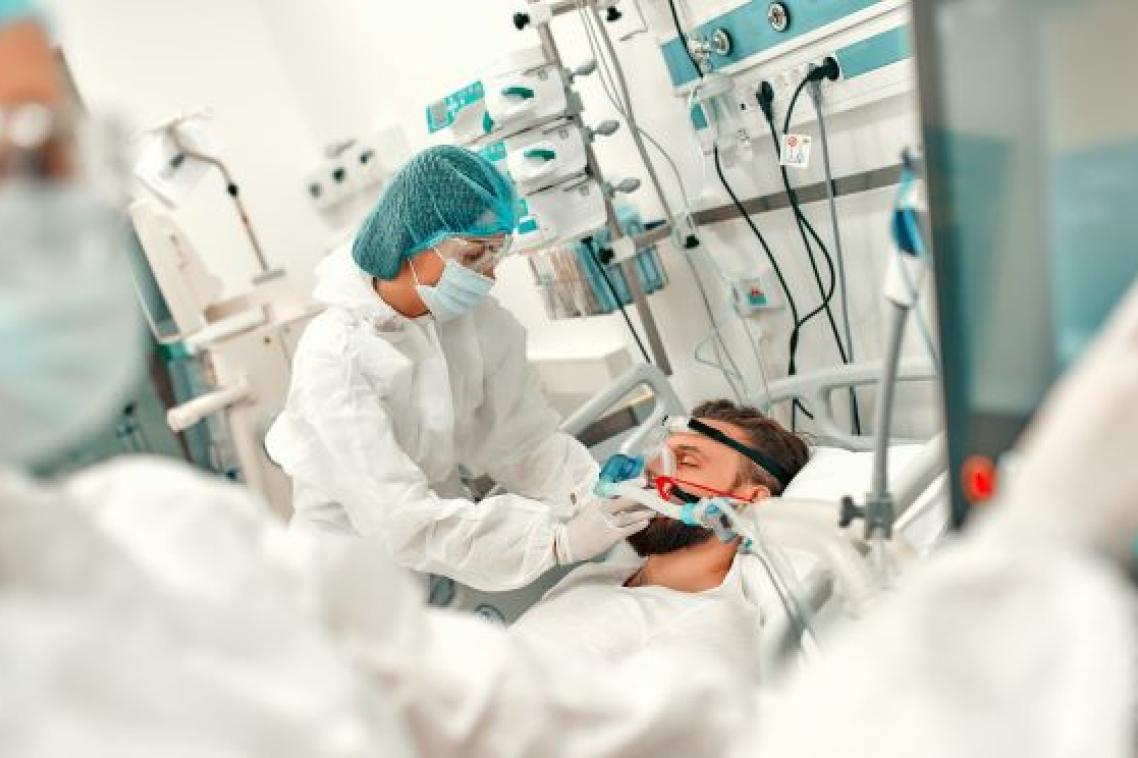Key to fighting chronic inflammation in severe COVID

A treatment to prevent runaway inflammation in patients with severe COVID-19 is a step closer after a University of Queensland-led study into how immune cells respond to the virus.
Dr Larisa Labzin and Professor Kate Schroder from UQ’s Institute for Molecular Bioscience, with Dr Sarah Londrigan at the Peter Doherty Institute for Infection and Immunity, have discovered that most immune cells which contribute to chronic inflammation are not infected with the SARS-CoV-2 virus which causes COVID-19.
Dr Labzin said instead of triggering a protective response to eliminate the virus, these uninfected cells called macrophages detect damage and death in neighbouring cells and trigger a strong inflammatory response.
“There is an imbalance in the immune response because most macrophages are not infected with the virus,” Dr Labzin said.
“We end up with too many immune cells coming to the site of infection causing a whole lot of collateral damage – too much inflammation and not enough virus fighting.
“It's a double-edged sword for the body: the immune system tackling an infectious disease early on is protective, but when it's prolonged or excessive, it can really drive chronic inflammation.”
The IMB research team is investigating how to selectively target macrophages without compromising the body’s ability to fight against the virus, in order to reduce the incidence of severe COVID.
Anti-inflammatory drugs are currently given to hospitalised COVID-19 patients after the virus has peaked, to calm down the overactive immune response but the drugs make patients susceptible to secondary infections.
With the new understanding of how macrophages work, the researchers aim to design anti-inflammatories that can be administered earlier, to prevent inflammation getting out of control.
Professor Kate Schroder said understanding more of the fundamental biology behind the immune system will help us help our bodies fight more strongly against infections.
“We have vaccines and anti-virals in the fight against COVID-19 but the virus keeps mutating, so this is a way to future-proof ourselves against new variants and also future pandemics and infections.”
The research was funded by the National Health and Medical Research Council and published in Science Signaling.
Related articles

Nature versus nurture question addressed in landmark study

Anyone can be a hacker with AI – so what does that mean for the cyber defence industry?
Media contact
UQ Communications
communications@uq.edu.au
+61 429 056 139
